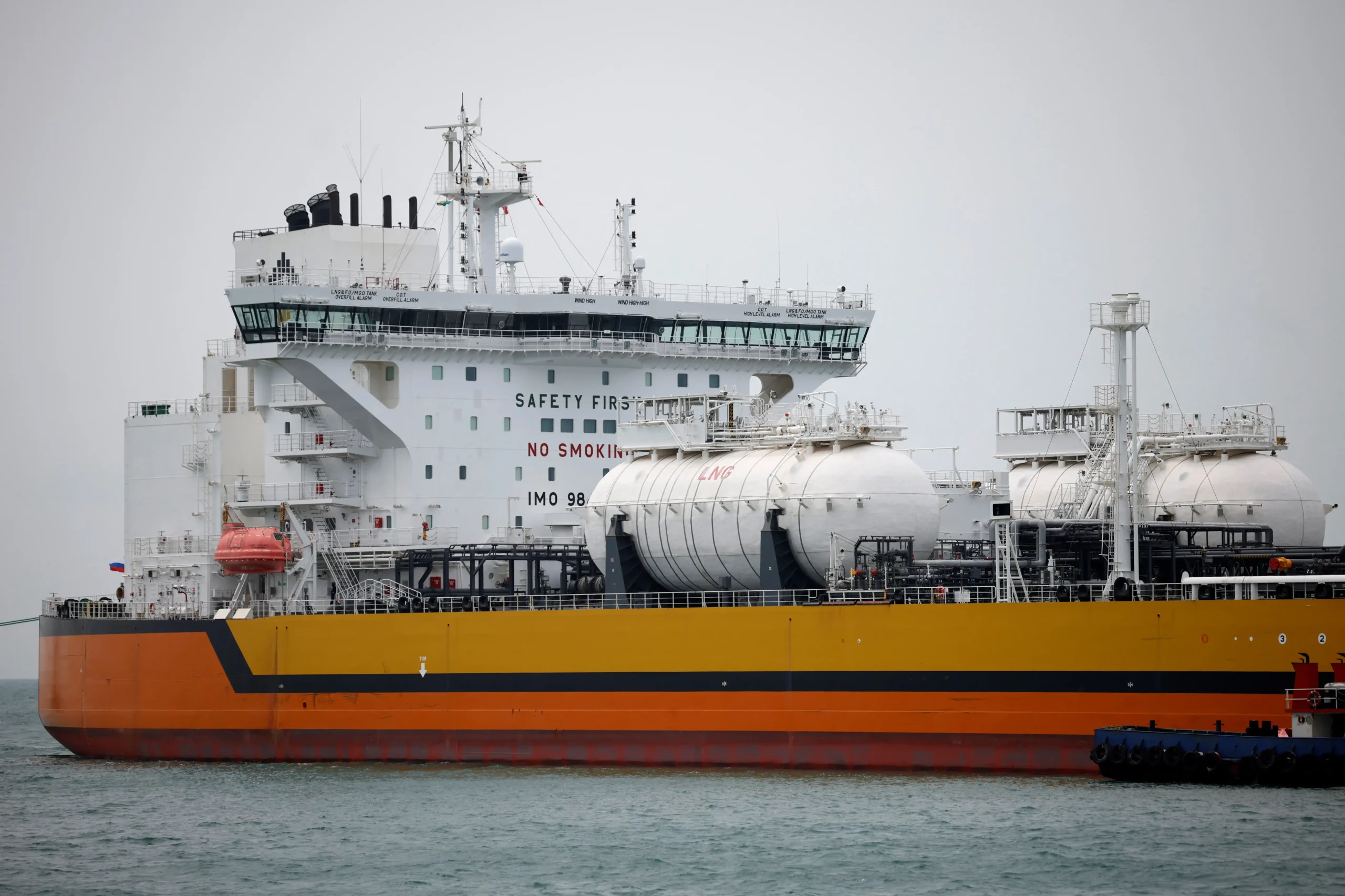Despite the European Union’s declarations of reducing reliance on Russian fuel, the statistics for 2024 tell a different story. Imports of liquefied natural gas (LNG) from Russia have reached record levels, with key European ports continuing to receive millions of tons of this resource.
Facts and Figures: Record LNG Imports
According to data from Rystad Energy, 17.8 million tons of Russian LNG were imported into Europe in 2024, a significant increase of 2 million tons compared to the previous year. Analyst Jan-Erik Fenrich confirms that the current flow of LNG has reached historically high levels. For context, 49.5 billion cubic meters of gas were delivered via pipelines, while liquefied gas shipped by sea accounted for 24.2 billion cubic meters.
The Center for Research on Energy and Clean Air (CREA) presents similar findings, estimating the value of Russian LNG imports into the EU in 2024 at €7.32 billion. CREA reports that supply volumes rose by 14% year-over-year, reaching 17.5 million tons.
Why Does Europe Continue to Buy Russian LNG?
Experts attribute this paradox to economic pragmatism. Russian LNG is offered at a notable discount compared to alternative suppliers, making it an attractive option for European companies. Vaibhav Raghunandan, a Russia analyst at CREA, explains:
“The reason for the increase is quite simple. Since there are no sanctions on this product, companies act in their own interests and purchase from the cheapest supplier.”
Risks and Implications
The ongoing import of Russian LNG has sparked mixed reactions. On one hand, it helps European countries avoid an energy crisis. On the other, it provides funding for the Russian budget. Despite reduced pipeline imports, Europe’s overall dependency on Russian gas remains significant.
Furthermore, a portion of the purchased LNG is resold to third countries, complicating the monitoring of energy flows and reducing the effectiveness of sanctions.
The record-breaking imports of Russian LNG highlight the complexities of energy dependence and the double-edged nature of sanctions policies. While Europe seeks to reduce its reliance on Russian fuel, economic realities drive companies to opt for a cheaper, albeit politically sensitive, resource.
How long this trend will persist depends on the implementation of new sanctions, the development of alternative energy sources, and further political decisions within the EU.


















